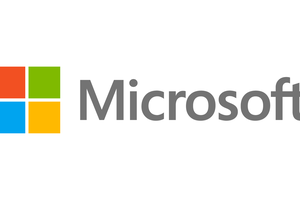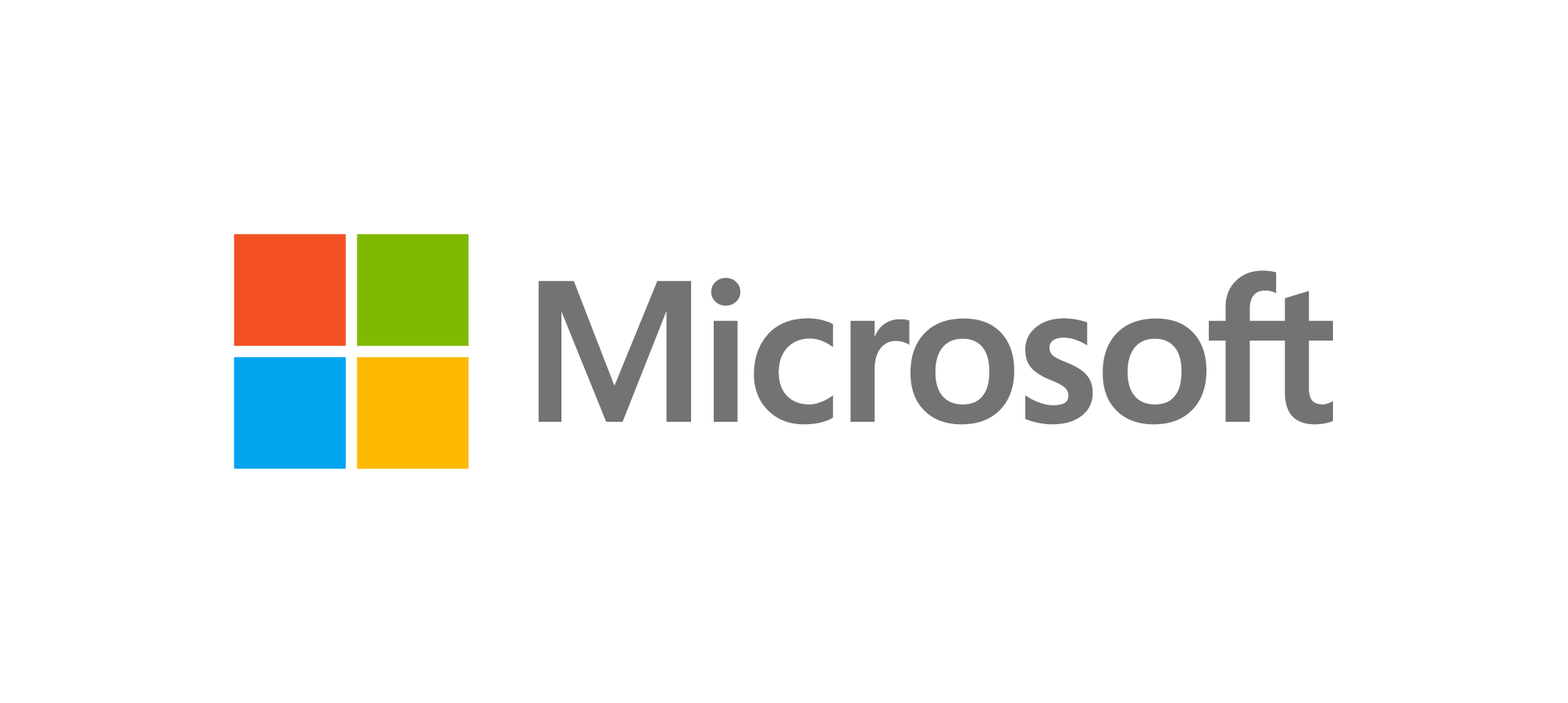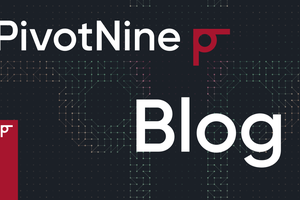Highlights From MS Build


Now that the dust has settled on Microsoft's annual Build conference, let's take a look at what has survived the initial press release hype and is worth paying attention to.
Oracle migration to Azure Database for PostgreSQL
This migrate-from-Oracle tool was always coming, and is just one more cut in the death-by-a-thousand-cuts facing Oracle from competitors. PostgreSQL has risen to become the most popular database with developers above Oracle owned MySQL.
There's a mighty large install-base of software built on top of the Oracle behemoth, but Microsoft has always been good at supporting its two major constituencies: developers and the enterprise. Microsoft's embrace of PostgreSQL (via its recent acquisition of CitusDB) indicates that this is a serious trend and it should worry the folk at Oracle a lot.
Cognitive Services, such as Personalizer
I've personally experienced Microsoft's live speech-to-text captions superimposed on presentation screens, and it works very, very well. Captions are hard (and expensive) to add manually, which is why so much video content doesn't have them. It's an accessibility nightmare, particularly with live events.
Poorly done speech-to-text is actually worse than none at all, in many cases. It's hilarious if you don't rely on it for understanding, but if you do, it's endlessly frustrating, and just one more way you're excluded from participating.
Adding captions is transformative, and not just for hard-of-hearing folk. It can help to clarify something you thought you misheard, and makes searchable transcriptions that much easier to provide after the event.
There are plenty of ethics issues around AI/ML, but live captioning seems a fairly unambiguously good thing, though it could spell the end for human-transcribers as anything other than copy-editors who fix the machine's mistakes. Live translators may also be endangered, though I can see a net benefit for more conferences having a language-selectable captioning service as part of their streaming video coverage.
VSCode Remote Development Extensions
As someone who occasionally writes code, and has been fairly fluent in vi, vim, and emacs in the past, VSCode is just an amazing experience. Remote Development Extensions promises to allow me to have the same heavily customized to my personal preferences experience no matter where the code actually lives.
No more copying .vimrc files to every system I log into. Instead VSCode becomes the console and teleports you into remote systems in a kind of Avatar-esque experience.
I'm a huge open-source weenie from days of yore and I love using VSCode. I wrote this very article in VSCode originally. VSCode is the trojan horse that inserts Microsoft into places they never used to be able to go.
GitHub Integration with Azure
Azure Active Directory now works with GitHub so enterprises can use single-sign-on, which they love to do. It works the other way as well, so you can have GitHub be your identity source and log in to Azure with GitHub credentials.
Tighter integration of GitHub into the Microsoft ecosystem is inevitable, and I'll be watching to see if GitHub continues to play nicely with other cloud platforms. It needs to, or developers will jump ship to something that gives their code a better experience, but there's a lot of goodwill built up in GitHub right now, and Microsoft has been navigating this tricky embrace of openness really well so far.
So Much
These are just the highlights that I've picked out. The actual list of really solid announcements is very long, which indicates how complex it is to keep track of and understand the shifting sands of cloud and software development.
The biggest challenge for customers isn't the technology but simply wrapping their limited and human minds around all of the options and trying to make a sensible decision.
Maybe that's the next opportunity for AI/ML?

